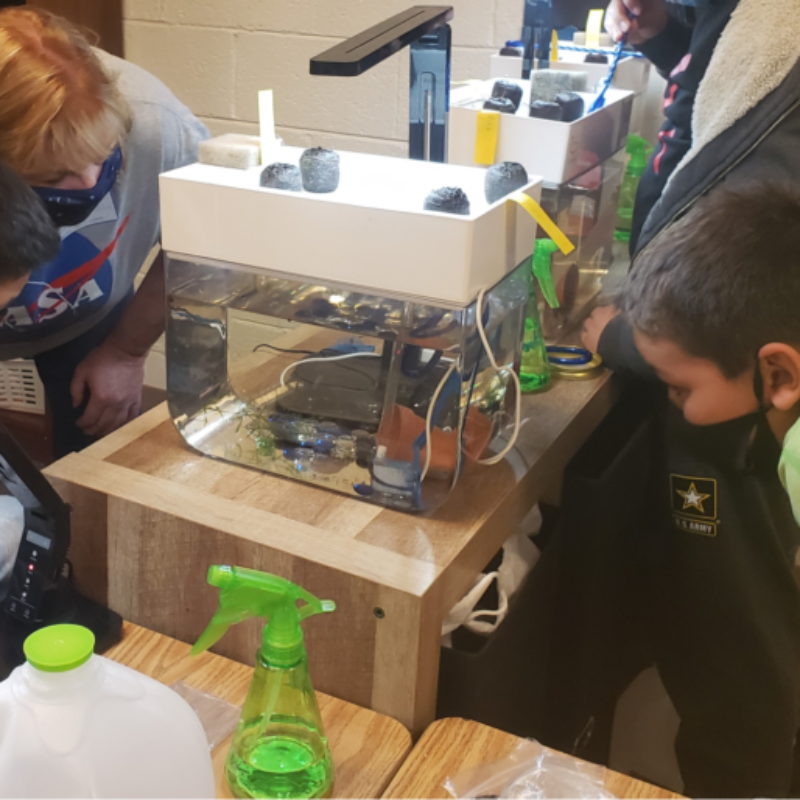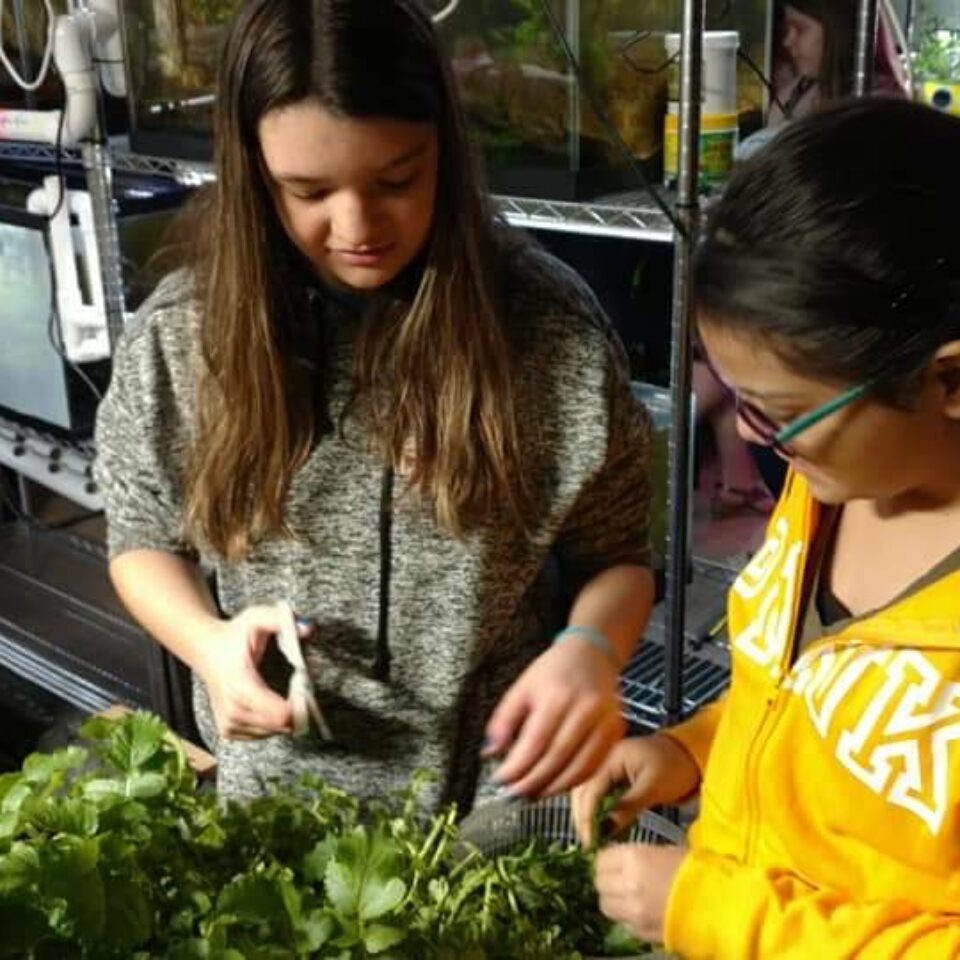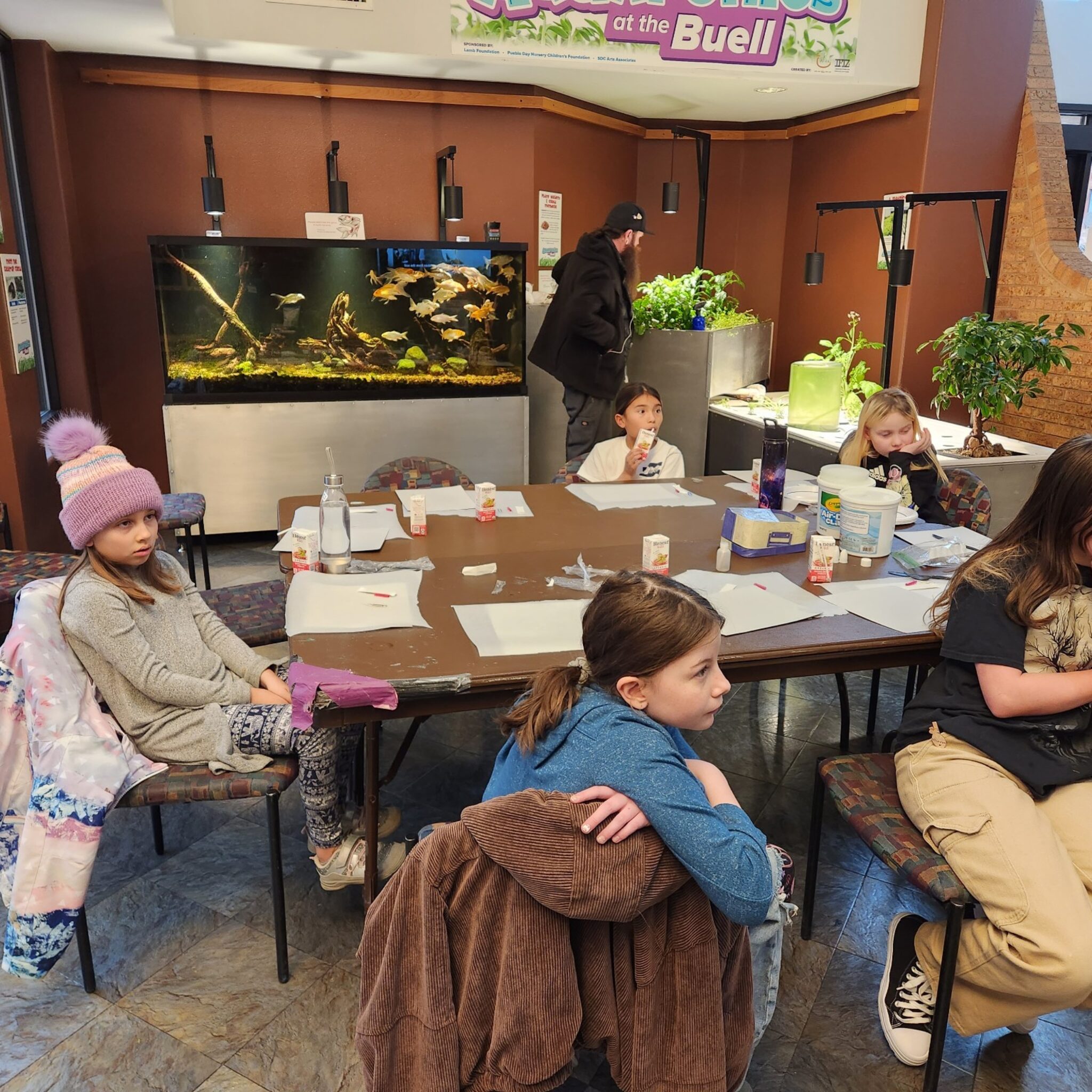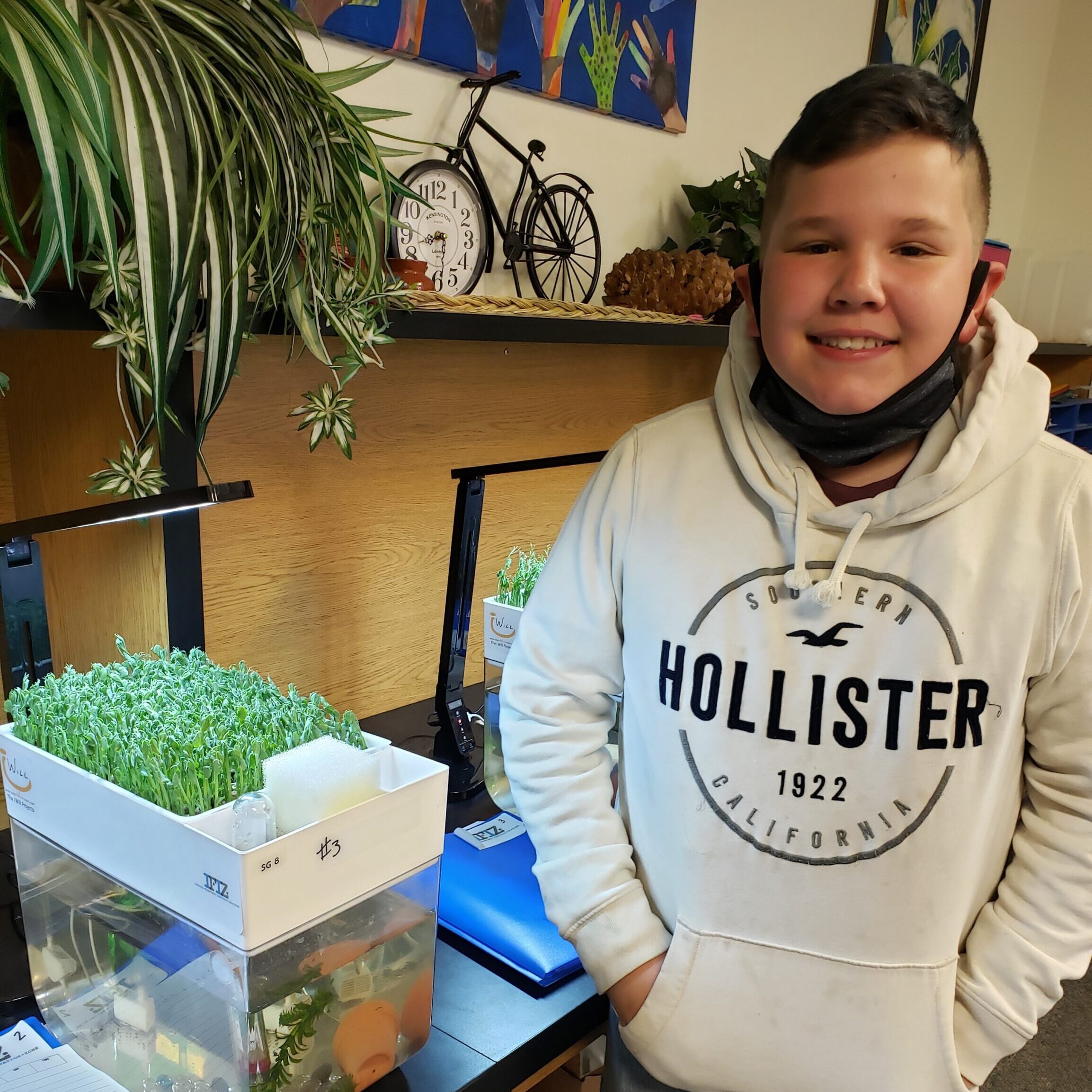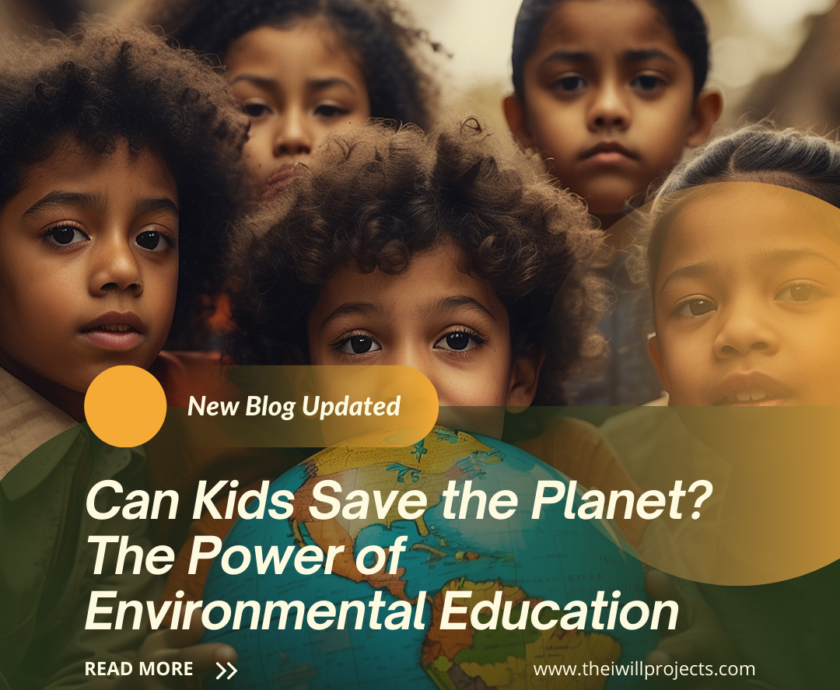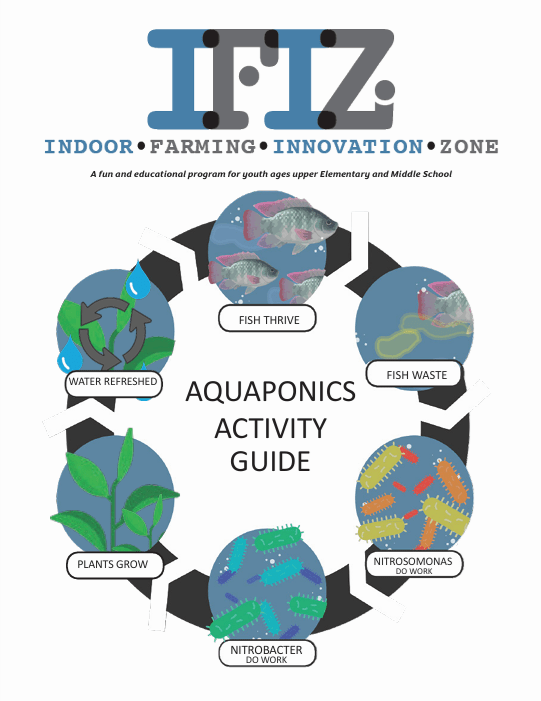“Young people are not only the future; they are the present. We must empower them to shape the world they will inherit.” — Kofi Annan
TweetTable of contents
Introduction
The future of our planet hinges on the choices we make today, and one of the most significant investments we can make is empowering youth to lead the charge toward a sustainable future.
With climate change, resource depletion, and social inequities posing critical challenges, the energy, innovation, and determination of young people have never been more vital.
By equipping the next generation with the tools and knowledge they need, we can foster a world that prioritizes sustainability and equality.

The Role of Youth in a Sustainable Future
Young people bring fresh perspectives, innovative ideas, and unparalleled energy to tackling global challenges.
Their proactive involvement is essential to addressing issues like climate change, renewable energy, and social justice.
Empowering youth to take the lead means equipping them with skills, knowledge, and platforms to drive change.
- Youth as Changemakers
Across the globe, young leaders are making waves in sustainability efforts. From spearheading local recycling initiatives to influencing international climate policies, their commitment to creating a sustainable future is inspiring. - Driving Innovation
With access to technology and an innate understanding of its potential, youth are leveraging digital tools to develop sustainable solutions. Apps, AI, and other innovations by young entrepreneurs are transforming industries to become greener.
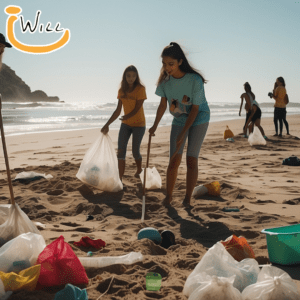
Why Empowering Youth is Essential for Sustainability
Empowering youth is more than a moral obligation—it’s a necessity.
With the world’s youth population reaching over 1.2 billion, their collective impact on the sustainable future is monumental. Here’s why:
- Education for Empowerment
Education lays the foundation for sustainability. By integrating environmental studies and green practices into school curriculums, we prepare young minds to become stewards of the environment. - Leadership Opportunities
When young people are given leadership roles in sustainability initiatives, they develop a sense of ownership and responsibility for their communities and the planet. - Economic Inclusion
Empowering youth through green jobs and sustainable entrepreneurship not only boosts economies but also ensures that development does not come at the expense of the environment.
Strategies for Empowering Youth to Lead Sustainability
To harness the potential of young people, intentional strategies and policies must be implemented.
- Skill Development Programs
Establishing programs that teach young individuals about sustainable agriculture, renewable energy, and circular economies can pave the way for a greener workforce. - Community Engagement
Encouraging youth participation in community projects builds their confidence and highlights the immediate impact of their actions. - Policy Advocacy
Governments and organizations should include youth voices in sustainability policymaking, ensuring that their perspectives are represented. - Mentorship Opportunities
Connecting young changemakers with experienced professionals helps them navigate challenges and amplify their impact.

Empowering Youth in Action: Inspiring Stories
From Malala Yousafzai’s advocacy for education to Greta Thunberg’s climate activism, youth leaders are proving that age is no barrier to making a difference. These stories emphasize that empowering youth is not just a dream but a reality.
Greta Thunberg: The Voice of Climate Action
As one of the most recognized figures in sustainability, Greta’s relentless efforts to demand climate justice demonstrate how young voices can shape a sustainable future.
Boyan Slat: Ocean Cleanup Innovator
At just 18 years old, Boyan developed a system to tackle ocean plastic pollution, showcasing the innovation and determination of today’s youth.
The Link Between Empowering Youth and the Sustainable Development Goals (SDGs)
The United Nations’ SDGs provide a framework for global sustainability, and youth empowerment is intricately tied to achieving these goals.
Key connections include:
- Goal 4: Quality Education
Equipping young people with environmental knowledge fosters informed decision-making for sustainability. - Goal 8: Decent Work and Economic Growth
Green jobs for youth promote economic stability while addressing environmental challenges. - Goal 13: Climate Action
Empowering youth to advocate for and implement climate solutions accelerates progress toward reducing global emissions.
Challenges in Empowering Youth for Sustainability
While the potential is immense, several barriers can hinder efforts to empower youth for a sustainable future:
- Lack of Access to Resources
Limited access to quality education, funding, and mentorship opportunities can restrict the involvement of underprivileged youth. - Social and Cultural Constraints
In some societies, traditional norms may limit youth participation in decision-making processes. - Economic Pressures
Young people often face financial challenges that prevent them from fully engaging in sustainability efforts.

How Organizations Can Support Youth Empowerment
Nonprofits, corporations, and governments have a critical role to play in ensuring that youth are equipped to lead sustainability efforts.
- Scholarships and Grants
Providing financial support for environmental education can make learning opportunities accessible to all. - Internship Programs
Offering hands-on experience in sustainability projects allows young individuals to translate theory into practice. - Collaborative Platforms
Online and offline platforms that connect youth from around the world foster collaboration and idea-sharing.
Conclusion
Empowering youth for a sustainable future is not merely a noble pursuit—it is an urgent necessity.
By investing in education, fostering leadership, and creating opportunities, we can unlock the potential of young people to lead the way toward a greener, more equitable world.
The journey to sustainability is one that requires all hands on deck, and with the passion and creativity of the youth, the possibilities are boundless.
Together, we can build a brighter, sustainable future.

Frequently Asked Questions
What is the role of youth in achieving a sustainable future?
Youth play a pivotal role in addressing environmental, social, and economic challenges through innovation, advocacy, and active participation in sustainable development.
How can education empower youth for sustainability?
Education provides the knowledge and skills necessary to understand sustainability challenges and implement solutions effectively.
Why is empowering youth crucial for climate action?
Young people have the creativity and energy to develop innovative climate solutions and influence policy decisions that prioritize the planet.
What are some ways to empower youth for sustainability?
Skill development programs, community engagement, leadership opportunities, and mentorship are key ways to empower youth.
What challenges do young people face in leading sustainability efforts?
Barriers such as limited resources, economic pressures, and social constraints can hinder youth empowerment in sustainability.
How does youth empowerment align with the UN’s Sustainable Development Goals?
Youth empowerment contributes to achieving goals related to education, decent work, and climate action by driving innovation and fostering global collaboration.
The I Will Projects, a 501c3 Non-Profit, promotes diverse solutions for global challenges. Our IFIZ education programs, emphasizing aquaponics, and insect farming, empower communities through knowledge, collaboration, and sustainable innovation.



